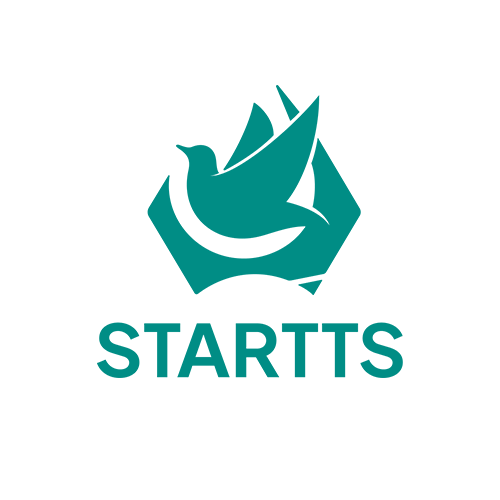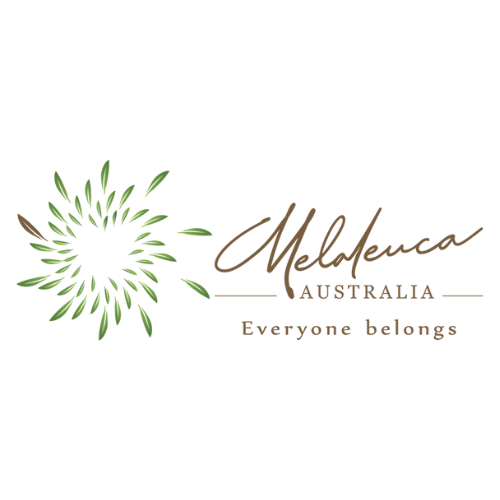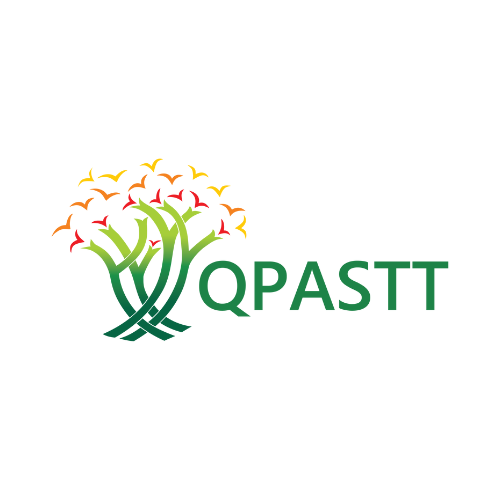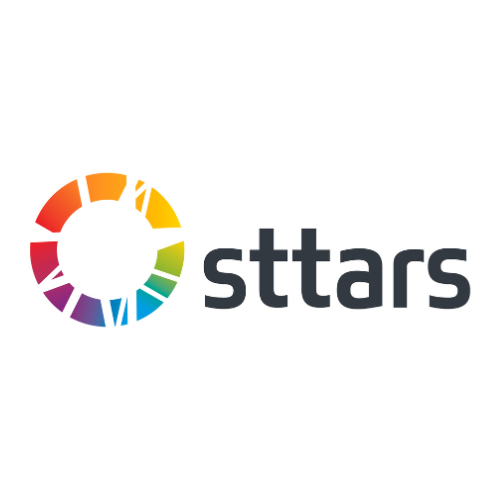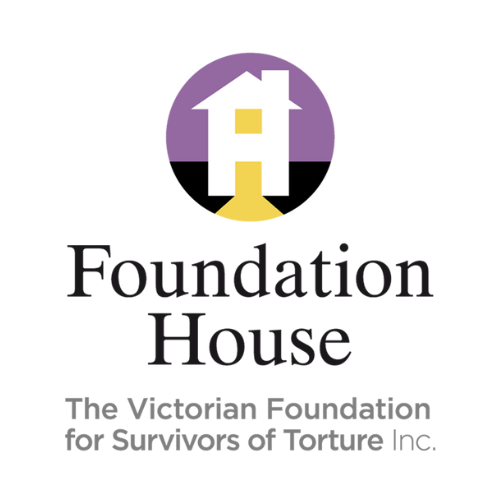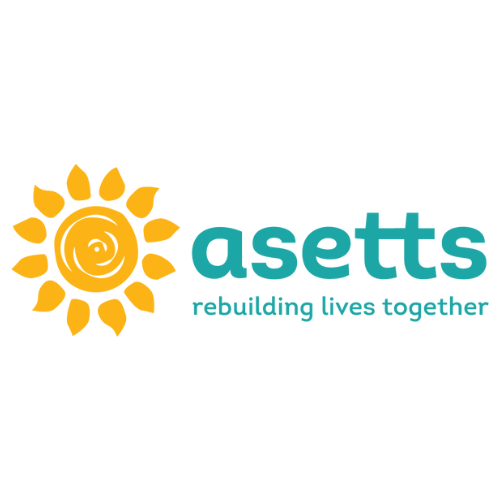FASSTT is a network of eight specialised agencies supporting the rehabilitation of survivors of refugee related torture and other traumatic experiences.
When We Begin Again
This film was produced to celebrate 30 years of the PASTT program. Through a recovery lens, clients and participants of FASSTT agencies share their experiences. We thank all survivors who have engaged with and trusted FASSTT agencies in their recovery journey over the past 30 years.
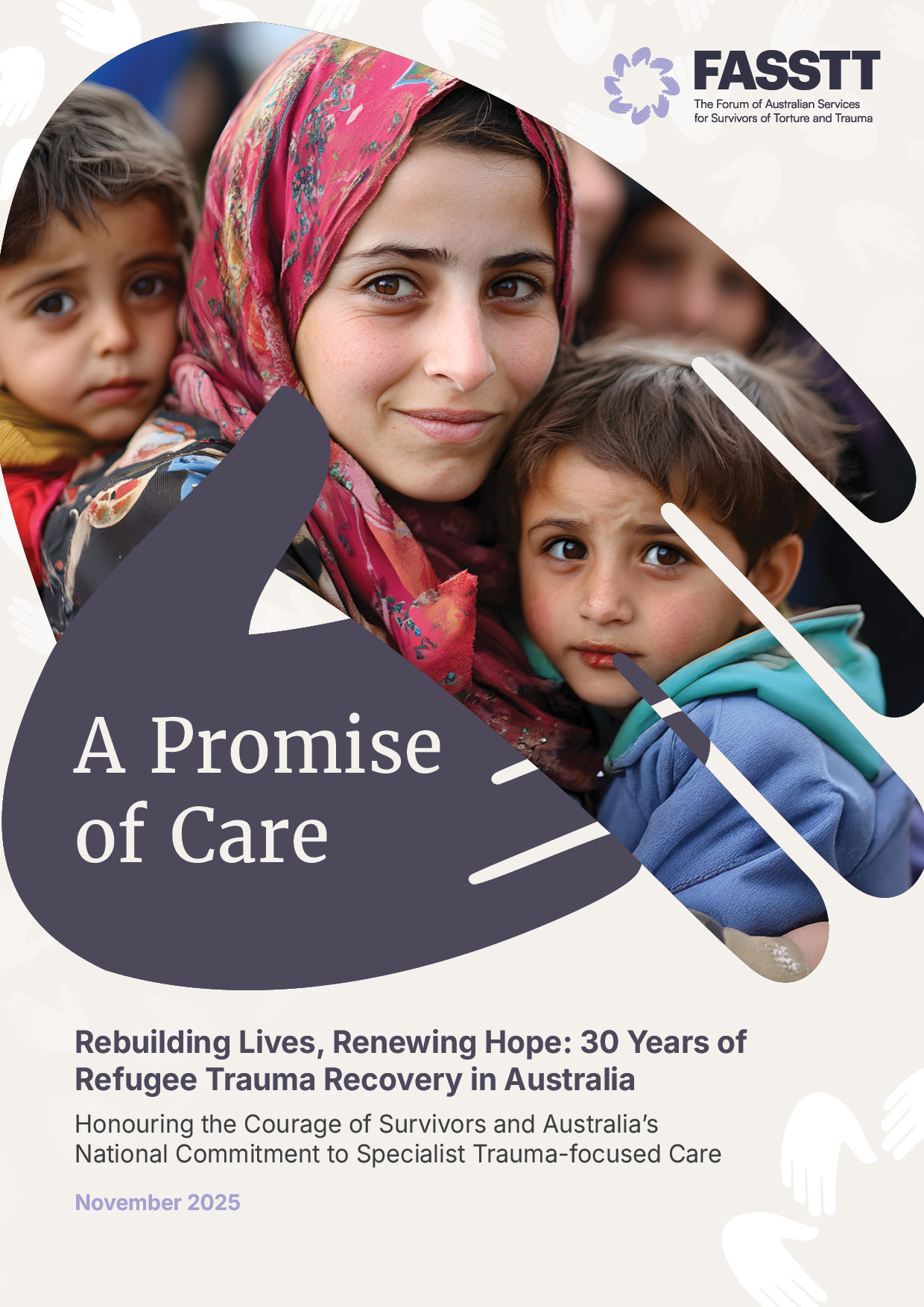
A Promise of Care: Celebrating 30 years of PASTT
This publication highlights the work of the FASSTT agencies over the past 30 years.
Our impact across FASSTT agencies from January to June in 2025

6,441

41,312

2,727

27,239

44.5
What is torture?
Torture is a heinous act intentionally inflicted to cause severe harm and can have lasting impacts.
Get Support from a FASSTT Agency
There is a FASSTT agency in every Australian state and territory.
Resources
Access useful information about refugees, asylum seekers and other important information.


